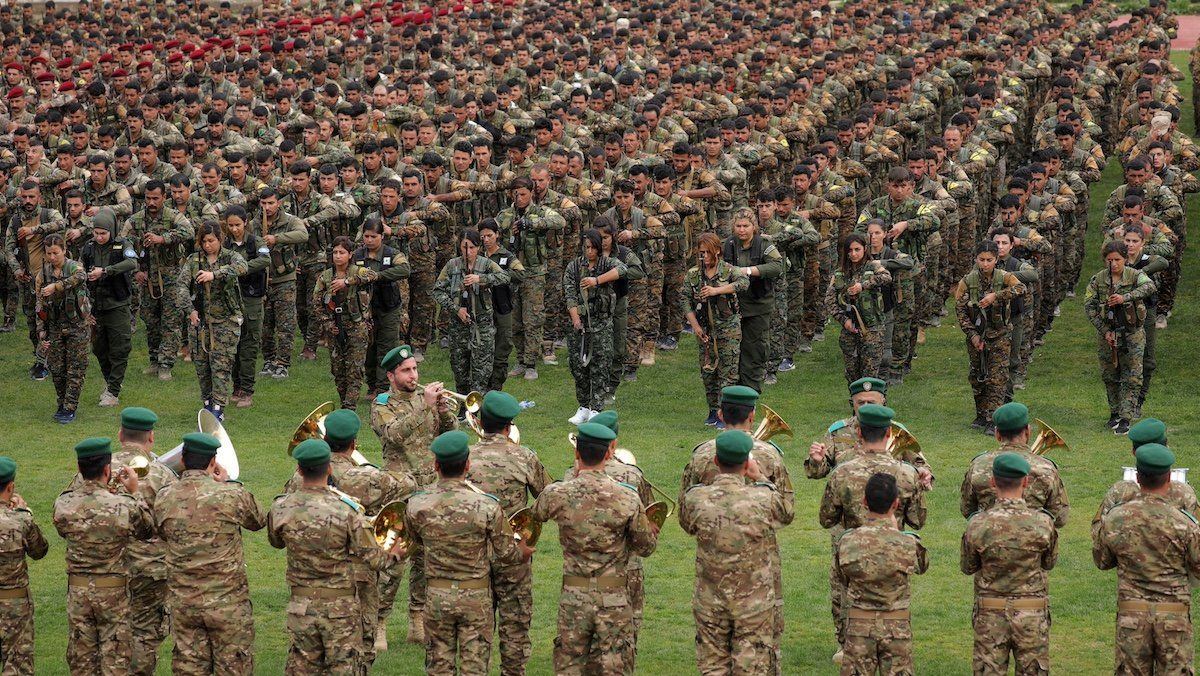Turkish Foreign Minister Hakan Fidan threatened this week to launch attacks against Kurdish-led forces in northeastern Syria. During an interview broadcast late Tuesday, he said that if the US-backed paramilitary People’s Protection Units (usually known by their Kurdish initialism YPG) fail to lay down their arms and expel foreign fighters, Turkey “will do what’s necessary,” including “a military operation.”
Wait, aren’t the YPG and Turkey both US allies? Yes, but that hasn’t stopped Turkey from attacking the Kurds in the past, as Fidan pointed out. “This is what our national security requires,” he said.
Ankara has a longstanding internal conflict with the Kurdistan Workers’ Party on its side of the border, which is also considered a terrorist group by the US and Turkey’s European allies.
Attacking the YPG is unlikely to trigger a significant US response, and Turkey would also like to bolster the newly friendly regime in Damascus led by Hayat Tahrir al-Sham.
Washington is slowly warming to HTS as well. The Biden administration moved to lift some restrictions on humanitarian aid sent to Syria on Monday, though it stopped short of fully lifting sanctions. We’re watching for HTS to play nice in the short term as it seeks to get out from under the restrictions imposed on the regime of Bashar Assad.
